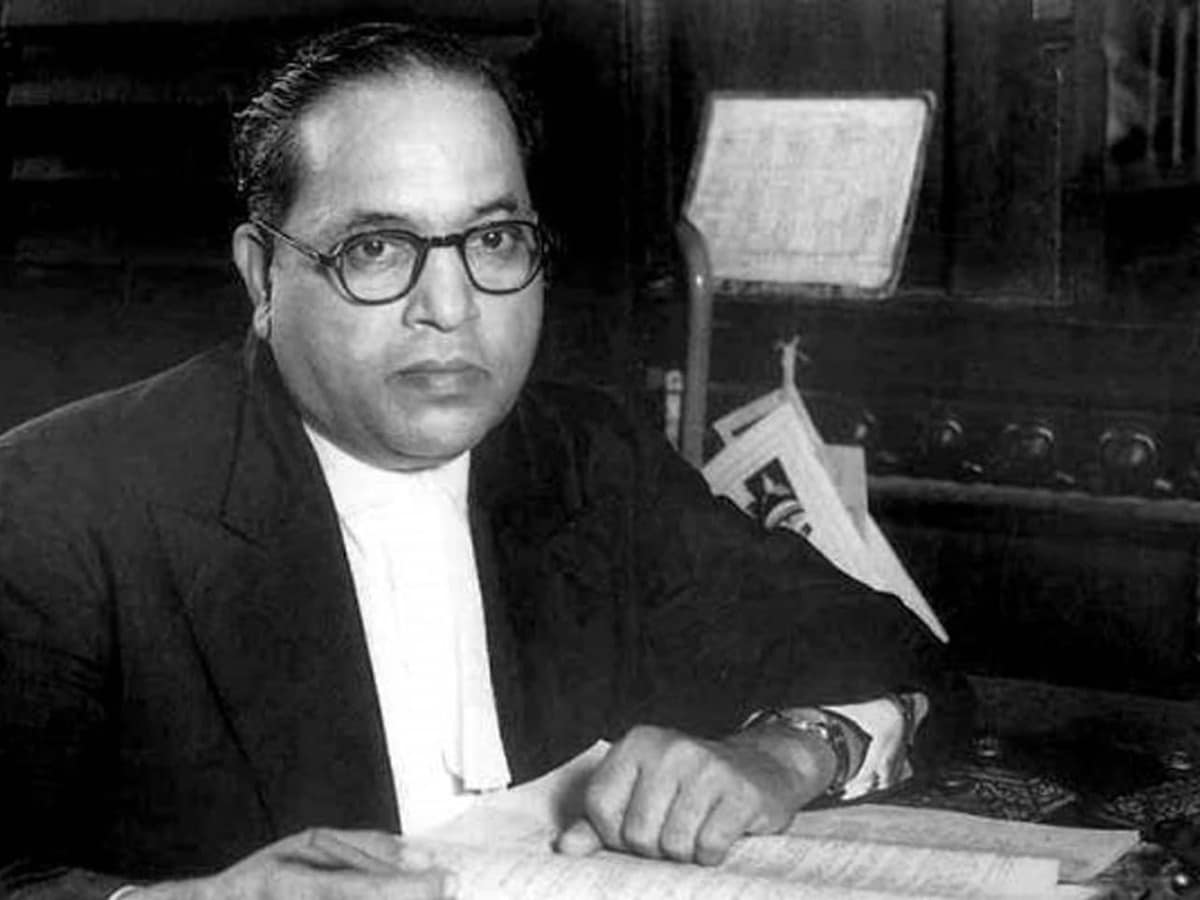Dr. B.R. Ambedkar Jayanti, celebrated on April 14 each year, honors the birth of Dr. Bhimrao Ramji Ambedkar, a prominent figure in Indian history known for his role as a social reformer, jurist, and the chief architect of the Indian Constitution. He dedicated his life to the fight for social justice, equality, and the rights of the oppressed, particularly the Dalits and other marginalized communities. This day marks an important occasion to reflect on his contributions, and to promote the ideals of equality and social justice that he championed.
Significance of Dr. B.R. Ambedkar Jayanti
Dr. Ambedkar’s legacy transcends his birthplace and resonates across the globe. Each year, his birth anniversary is celebrated with fervor, bringing people together to remember his teachings and reflect on their relevance in contemporary society. The day is observed as a time to reaffirm the commitment to social equality and to address ongoing issues of discrimination and inequality.
Historical Context
Born on April 14, 1891, in Mhow, India, Dr. Ambedkar faced significant adversity in his early life due to the caste system. His determination to pursue an education led him to the United States and the United Kingdom, where he earned multiple degrees, including a D.Sc in Economics. His experiences as a Dalit fueled his resolve to reform the social structure, culminating in the drafting of the Indian Constitution, which laid the foundation for a democratic and egalitarian society.
Ten Interesting Facts about Dr. B.R. Ambedkar
| Fact | Description |
|---|---|
| 1. Early Education | Dr. Ambedkar was the first from his community to go to school, overcoming societal barriers and paving the way for others. |
| 2. Legal Pioneer | He was the first Law Minister of India and the first to draft the Constitution, framing it with a focus on justice and equality. |
| 3. Advocate for Women’s Rights | He championed women’s rights and advocated for gender equality, significantly influencing laws related to marriage and inheritance. |
| 4. Conversion to Buddhism | In 1956, Dr. Ambedkar embraced Buddhism, along with thousands of his followers, as a rejection of the caste system. |
| 5. Influential Writings | His works, such as “Annihilation of Caste,” remain influential in social and political discourse, challenging societal norms. |
| 6. Education Reformer | He believed that education was the key to empowerment and focused efforts on establishing educational institutions for the marginalized. |
| 7. Political Activism | Dr. Ambedkar founded the Scheduled Castes Federation and was actively involved in various movements advocating for Dalit rights. |
| 8. Landmark Legislation | He played a pivotal role in drafting the Hindu Code Bill, aimed at improving the rights of women within Hindu society. |
| 9. Democratic Ideals | Ambedkar was a staunch advocate for democracy, emphasizing the importance of social justice in a democratic framework. |
| 10. Global Influence | His ideas on social justice have had a profound impact not only in India but have also inspired movements worldwide for equality and rights. |
Conclusion
Dr. B.R. Ambedkar Jayanti serves as a reminder of the struggles against social injustice and the ongoing journey towards equality in India. As we celebrate his life and achievements on April 14, it is vital to reflect on the principles he advocated for and to continue working towards a society where everyone enjoys the same rights and opportunities, regardless of their caste or creed. Embracing his values can help foster a more inclusive and just world for future generations.

